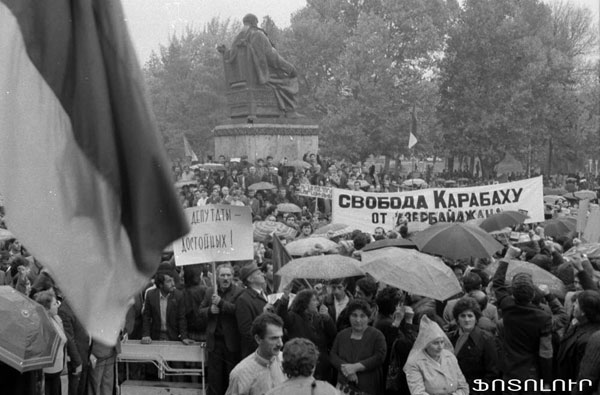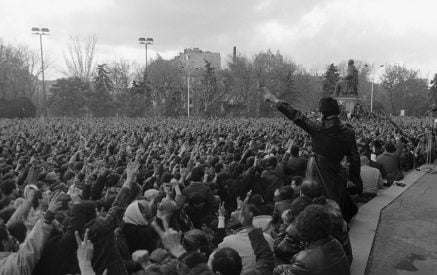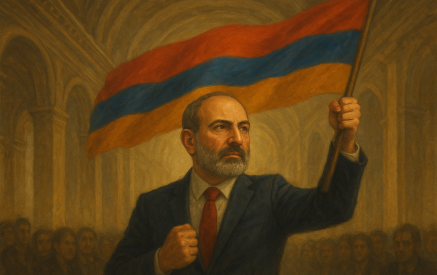It is likely that in the politics and public life, this generation will synthesize the positive and negative aspects of the two previous generations. In my lifetime, I have seen public and political figures of two generations: the communists and those who have come to politics in 1988-1990. Both have their positive and negative aspects. The strong aspect of the Communists was that there was some promotional grading, for example, from the instructor of regional committee of Young Communist League up to, let’s say, the secretary of the Central Committee of the Party, and during this promotional career, people were obtaining some experience in one way or another. The weakness was that these figures were not growing stronger in competition with other parties. Generally, it was officially announced that there might be one party and one ideology.
The majority of the figures of the following generation have not gone through any grading. The driver of “Kraz” truck, skipping all military ranks, becomes a general, although these titles, as I understand, are given not for the courage but the ability to lead the troops. The junior researcher becomes a minister, although the one who takes this office, I think, should have not just purely theoretical knowledge. Instead, they have appeared in more or less competitive environment over the last 25 years, and under the relative freedom of expression, they have to, good or bad, report on their work. However, this conventionally called “88” or ANM generation is also facing a critical age now, and regardless of how this 2017-18 cycle will end, it would be the last one for them. Who are those who come after them? Let’s try separating the strengths and weaknesses of the current generation here too, by talking about general trends and bypassing the individual and party peculiarities.
The positive aspect of the current generation is that, one way or another, it is related to the Karabakh war; the issue of protecting Karabakh is above everything else. The negative aspect is the limited number of the forms of political struggle and the tricks. People who have come to power by the means of rallies, pickets and publicly discrediting the opponents (remember, Suren Harutyunyan was called an “aunt” in the square), are sure that the political struggle can be conducted only through “national” or “popular” movement. To the point, representatives of this generation thought so by both the government and the opposition “status”. In the case of the first one, they oppress, in case of the second one, they bring people to the square. This model has exhausted itself, just as the creative resources of the figures of this generation have been exhausted. One of the reasons, perhaps, is that the society has been marginalized over these 25 years; the active and creative part either has left the country or has fallen into despair. In addition, a new generation has grown up that puts new requirements (or, at least, should put) before the political and public elite. If we visualize the development in the form of Hegel trio, as a thesis, antithesis, and synthesis, then the coming generation will be the communist stagnation (with its positive manifestations too) and PANM revolutionary synthesis. As to how this synthesis will be, it will be clear in the next two years. The only problem that I see here is that we transfer the Karabakh problem to this generation. As to how they will come out of it, I do not know.
Aram ABRAHAMYAN



























































